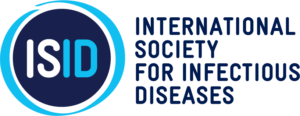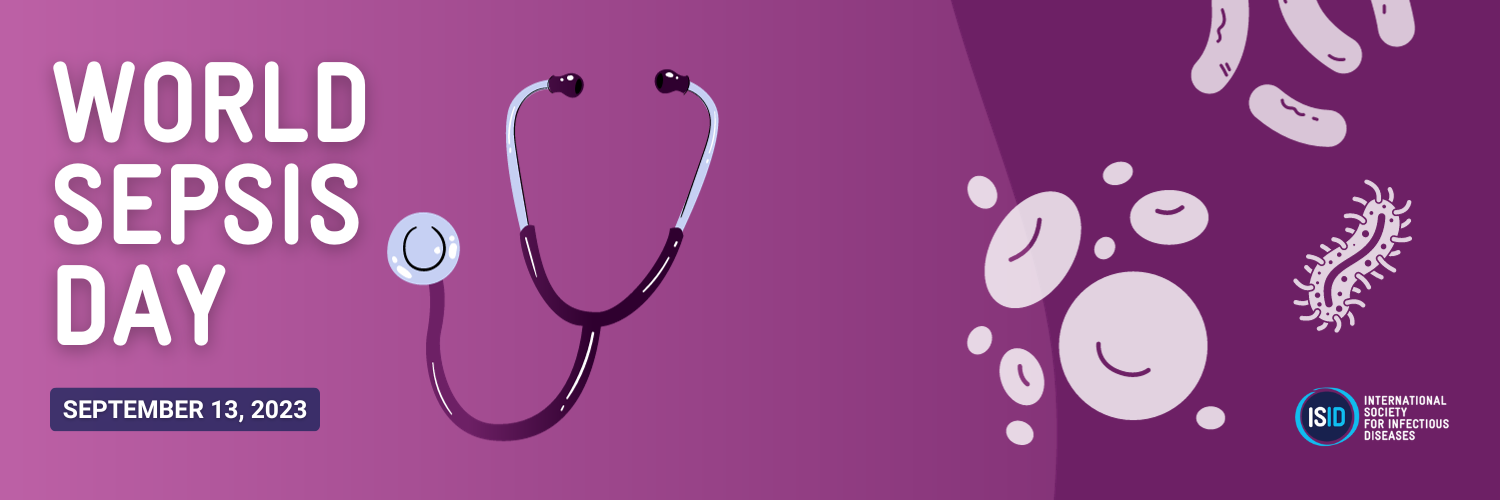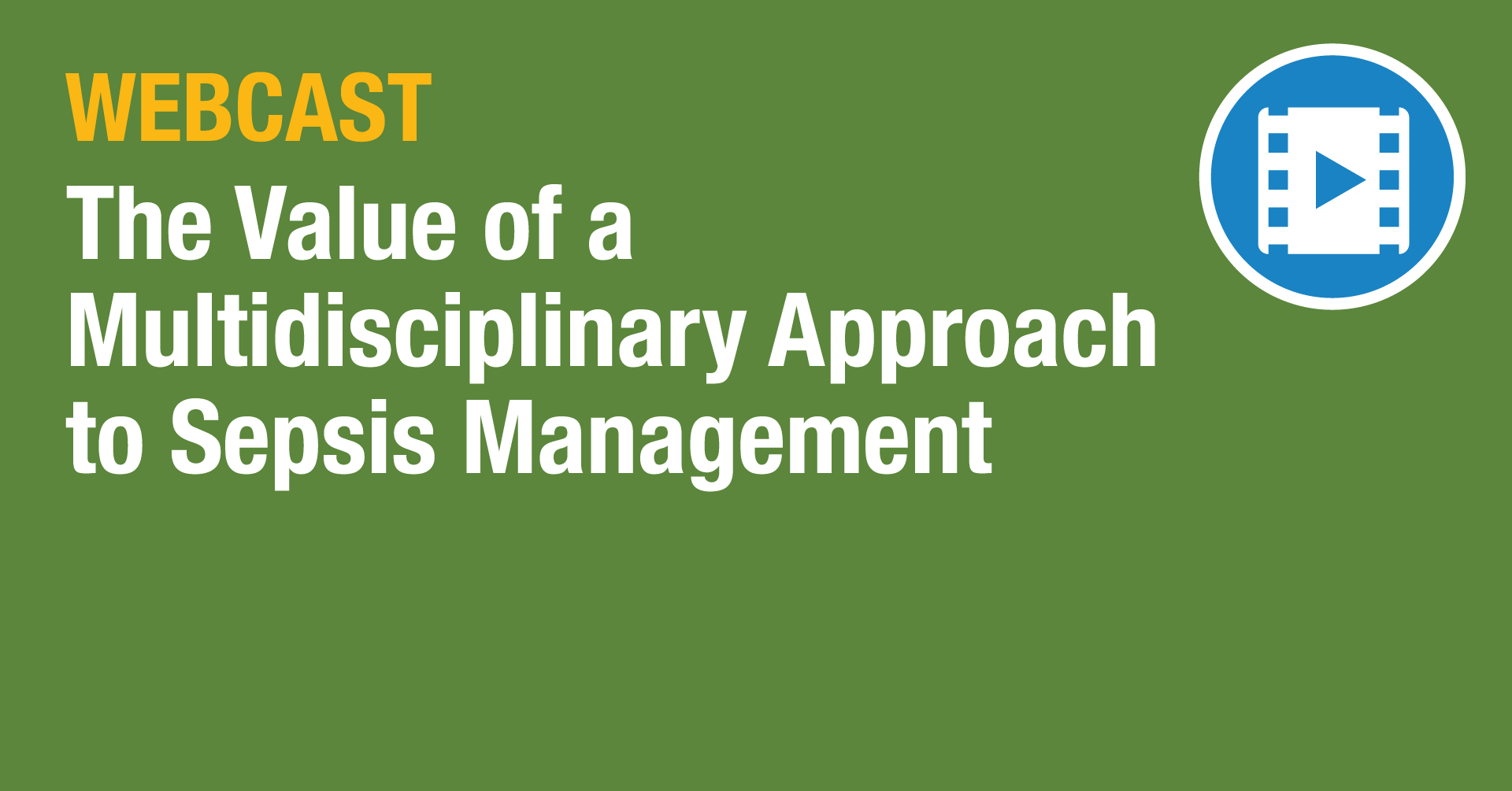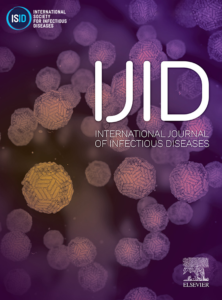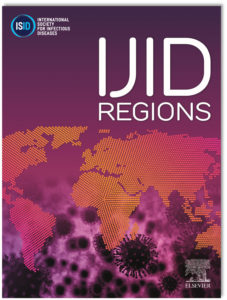World Sepsis Day is an initiative established in 2012 by the Global Sepsis Alliance and is an opportunity to increase public awareness of this disease. Sepsis is a life-threatening condition that arises when the body’s response to an infection causes injury to its own tissues and organs. It may lead to shock, multiple organ failure, and death, especially if not recognized early and treated promptly. Additionally, despite being highly preventable, for example, maternal and neonatal cases of sepsis continue to be a major cause of death for pregnant women and newborn babies.
The World Health Assembly and the World Health Organization made sepsis a global health priority in 2017. This year, the Berlin Declaration on Sepsis will call for its urgent enforcement at the national level. Global reinvigorated actions, highlighting the need for urgent advances in programmatic implementation, strengthening health systems, and health literacy interventions are crucial. The impact of innovations in the field of prevention, diagnosis, and treatment of infections and sepsis is needed as well.
Join ISID on this commemoration as a great reminder that the urgent need to increase and improve health education and literacy stands at every level.
You can also read related and recent publications in our ISID public health journals below, as well as our recent ISID Knowledge Exchange open-access webinar:
